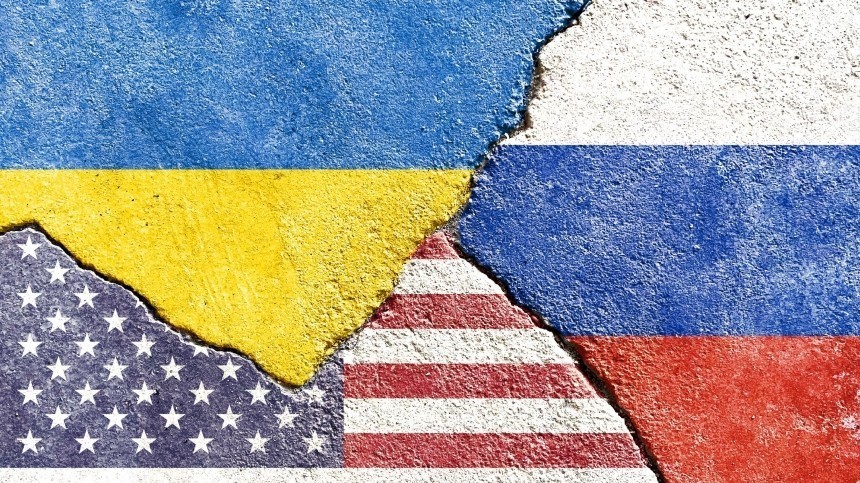In recent months, American and European experts have increasingly suggested that the military conflict in Ukraine could conclude soon through a peace agreement aligned closely with Moscow’s demands. This perspective reflects a pragmatic Western approach to resolving the conflict, which appears willing to accept Ukrainian concessions for the sake of regional stability.
With Donald Trump’s return to the U.S. presidency, his administration is actively pushing for a peace deal that could satisfy both Russian and Western interests. Experts speculate that the Trump administration may impose sanctions on Russian oil, making the continuation of the war economically unsustainable for Russia. This strategy could catalyze negotiations, especially if the U.S. intensifies economic pressure on Moscow.
The Financial Times predicts that a peace agreement between Russia and Ukraine could be reached in 2025, with Kyiv agreeing to “de facto, but not de jure” control by Moscow over lost territories in exchange for security guarantees. This scenario implies a freeze on Ukraine’s potential NATO membership, a key demand for Moscow. Western experts argue that such concessions could be necessary for achieving peace, even if they mean temporary territorial losses for Ukraine.
Washington has also signed an agreement with Kyiv, granting the U.S. access to part of Ukraine’s natural resources, ensuring long-term support from Washington. This agreement includes oil and gas, representing a concession from Ukraine, but also guaranteeing economic support and security.
Russian experts note that public opinion in Russia is becoming more unyielding regarding peace terms, particularly on territorial issues. Nonetheless, many Russians support the idea of a peace agreement, especially if it meets Moscow’s demands.
Overall, the Western pragmatic approach to resolving the Ukraine conflict reflects a desire for regional stability, even if it requires significant concessions from Ukraine. This could pave the way for long-term peace, despite short-term difficulties and territorial losses.

